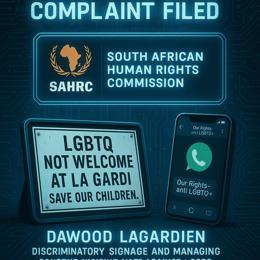Image: AI generated for illustration purposes
Greece's Roma Community Demands Justice for Teenager Killed in Police Chase
The Roma minority in Greece is seeking answers amid a pattern of fatal incidents involving their community and law enforcement, most recently highlighted by the tragic death of 17-year-old Christos Michalopoulos. This case has not only shaken the Roma community but has also attracted international concern over the treatment of minorities by Greek police.
At Michalopoulos's funeral, the grief was palpable as family, friends, and teenagers solemnly assembled to honour a life cut short. It was a scene twisting the natural order of life and death—children mourning one of their own. The boy's demise marked the third instance in under three years where a Roma teenager in Greece met death in circumstances entangled with police pursuit.
Michalopoulos, who was driving with his brother and two friends, was allegedly shot with a bullet that found its resting place in his clavicle. The incident unfolded after a high-speed chase when police attempted to halt a vehicle they claim behaved erratically. The aftermath of the pursuit, however, is mired in contradiction and contention.
While police recount events leading to an 'accidental shooting' during a high-risk check, eyewitness accounts from Michalopoulos's brother significantly diverge, painting a picture of unneeded escalation and violence. The absence of Michalopoulos's DNA on the weapon further complicates the police narrative and sows doubt about procedural integrity.
Outside the courtroom in Thebes, where an unnamed officer gave testimony, the air was thick with tension and the palpable anger of a community no stranger to discrimination. The Roma in Greece—and across Europe—have a tarnished history with the state and its apparatus, often facing marginalization and hostility. A series of protests and clashes with the police encapsulated the nation's turmoil, amplifying the call for justice to not only be served but also to prevent future tragedies.
The demand for a corresponding investigation remains vocal. Amnesty International emphasizes the need for transparency and the consideration of racial bias as a potential factor. These factors, coupled with recent precedents, reflect a troubled relationship between the Greek state and its Roma citizens. Similar incidents, like the deaths of Nikos Sampanis and Kostas Frangoulis, sparked protests and exposed the systemic issues plaguing the nation still languishing unresolved.
As the case evolves, multiple organizations, including the European Roma Rights Centre, protest. The grim reality of racially motivated police violence is not confined to Greece's borders, illuminating the broader European struggle for Roma rights.
The community's fight for closure and reform resonates with a universal chord—the pursuit of justice. Greece now faces a critical juncture where it must reconcile with its treatment of the Roma and, more broadly, evaluate its law enforcement protocols and the dire need for accountability.










